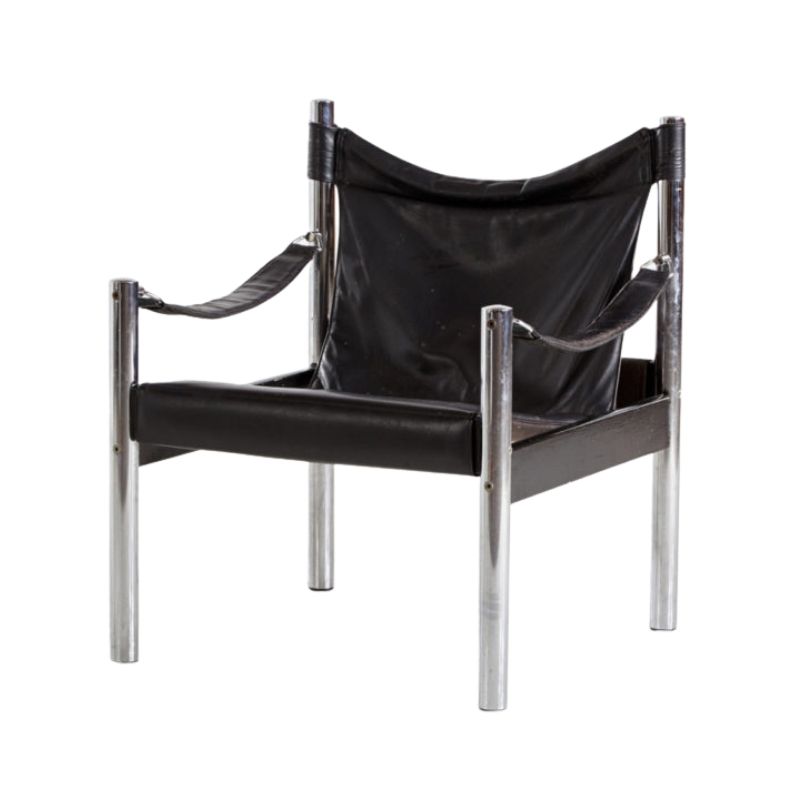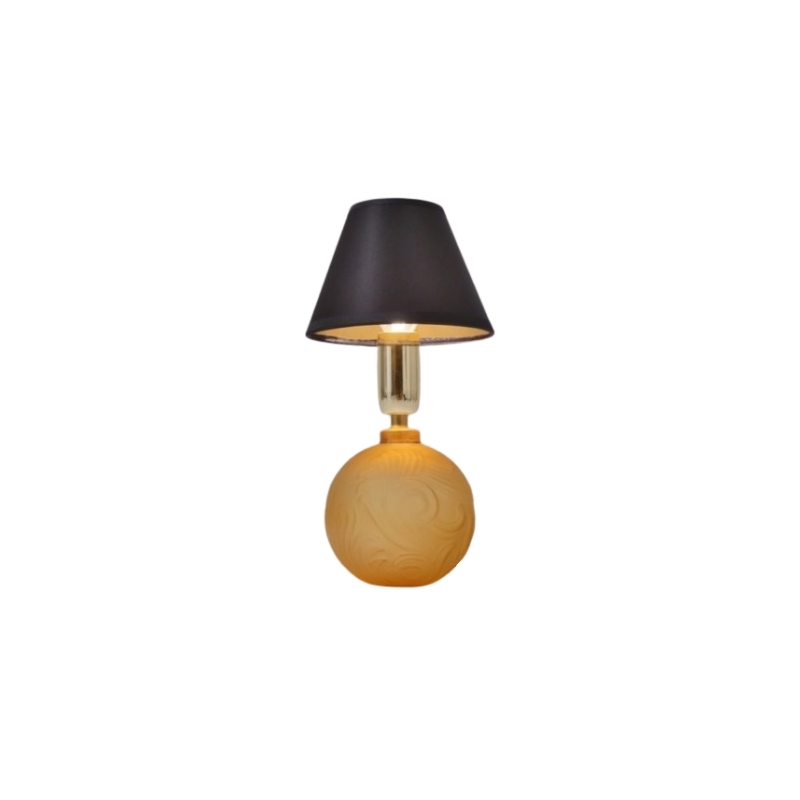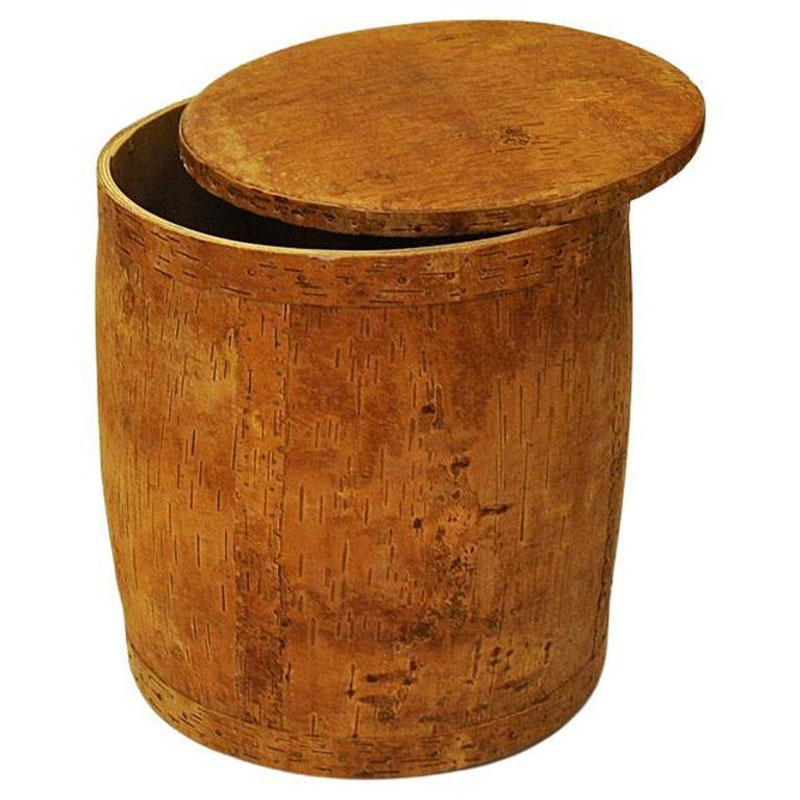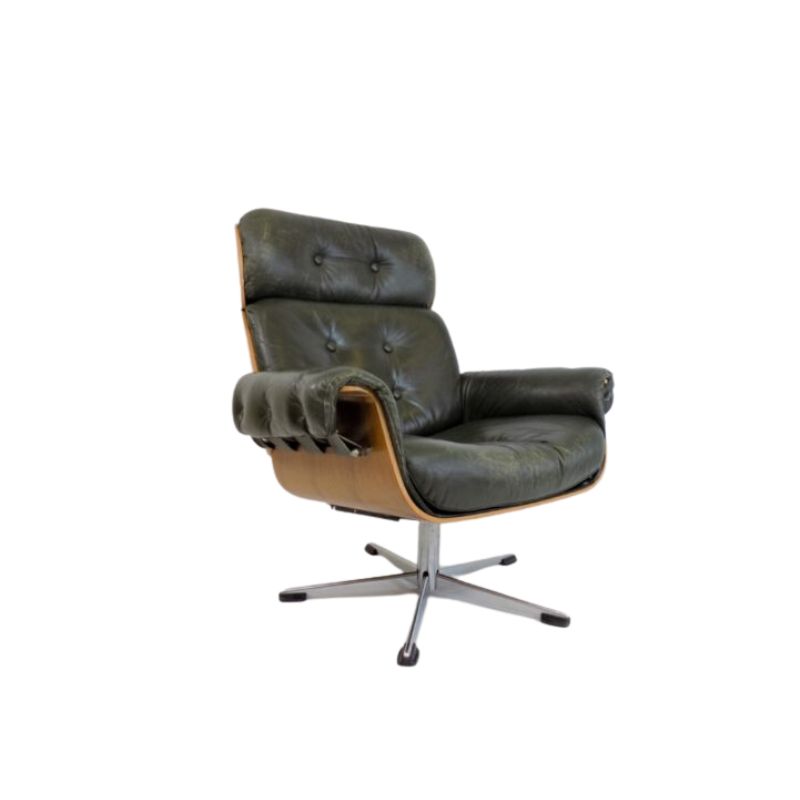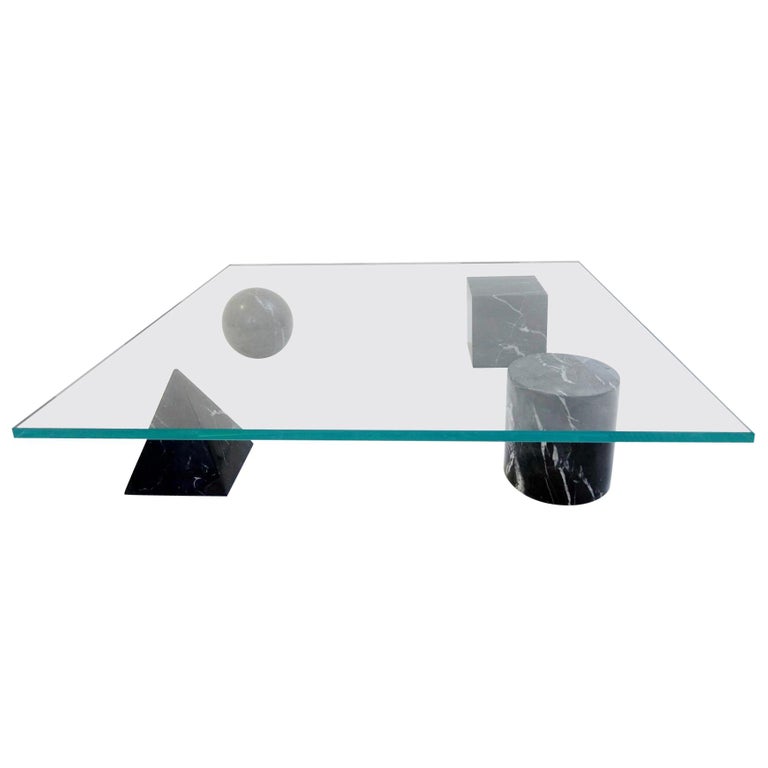New Guy
Or a "new guy" like the novice I am did not do his homework and seek out knowledgeable folks to get advice before hand!
The wife is coming over to the natural.
Corded. I have an email in for black cord. Maybe the seller would be more apt to ship if there was a decent sized amount. I can ask. If anyone is interested, let me know how much, etc. Again, could be all for naught, but . . .
Thank you, Spanky, for your thoughts.
IF you manage to find a...
IF you manage to find a source for a bulk order of black cord, I would be interested (depending on price). I don't have anything specific in mind, but I've got several paper cord chairs in my future and I'm sure I'll want to try something new at some point.
Last time I saw pricing, black was ~6X the price of natural. That puts it at ~$30 per chair or more, which can add up if you're doing a set of six or eight.
Someone on this thread or the
first edition thread had a source and wanted to know if anyone wanted to go in on a big order. So you might want to look for that.
Thirty dollars per chair for cord is still way less than you'd pay someone to either weave a new one or upholster with fabric.
Pricing of Black per. . .
Link below. The website list is 70 lbs for a coil. A coil is 5 kilos which the site indicates is good for 4 -5 chairs.
That translates to a coil of 11 pounds and is $107 (today per google) for a coil (not including shipping).
That would be $25 plus shipping per chair (round number).
Per that site, the natural was either 50 LBS or 60 LBS English compared to the black at 70 LBS. But, cost of living is generally higher in UK as I understand it.
I suspect that I need to get 5 coils to get 10 pounds of cord from Frank's which is 13.25 each for a total of 66 plus dollars. The black (as of yet, without shipping) is not yet double the cost.
I am awaiting a reply and will let the board know if they are even willing.
again, thank you for all the attention.
http://www.seatweavingsupplies.co.uk/other%20seating%20cords%20price%20l...
dying danish cord: preliminary test
I just soaked a few feet of danish cord I have laying around (unlaced, from Frank's supply) in water for about 30 minutes. The cord was very thoroughly wet after 30 minutes soaking. Then I set it out in the sun unrolled to dry (takes no time in new mexico desert sun). It appeared slightly thicker when it was dried, but when stretched, it resumed its normal thickness and appears identical to when it went into the bath.
Next step will be to try this with something black. I am thinking fabric dye (RIT), or maybe india ink (watered down?), aniline wood dye, or perhaps a quebracho bark powder tea bath followed by iron sulfate.
The problem with a lot of bla...
The problem with a lot of black dyes, RIT in particular, is that they actually behave like a very dark purple color. Anything I ever dyed with black RIT turned out to be a dark purple. Other black dyes also fade under UV light to turn a purple-like color. Like spanky, I had also thought of using dye to make black cord, but decided that it would take a lot of research to do it right, and to choose the best dye for the job. Incidentally, india ink is not really a dye, but is more like a pigment (black particles suspended in a binding medium), so there is danger of it rubbing off on someone's pants.
Fiber reactive dyes are the ones to use
on cellulose, but last time I used them it was recommended to use double the amount to get a true black. The literature at the time (mid-90s?) said that it was hard to get a good black, so...I dunno, seems iffy.
When dyeing cotton, which is cellulose, too, you have to first soak it in Glauber's salt, which is sort of like table salt but not exactly. I think you can also use un-iodized table salt. Then you gradually add the dye to the salt bath and agitate the stuff you are dying so that it dyes evenly. If you don't agitate it, you can end up with uneven areas of dye absorption.
Then you have to set the dye with a mordant--can't remember what it was that I used but it also had to be added gradually while agitating, otherwise you risk blotchiness. And then there was the rinsing to get rid of excess dye that wasn't bonded to the fibers because otherwise it woud bleed onto other stuff in the laundry (not that you'd be laundering black paper cord seats, but see above re: white golf pants).
Pain in the NECK, in other words.
Maybe aniline dyes would work better, I dunno. I used them once on wood but it was a long time ago and I don't remember that process. I don't think it was as involved as fabric dyeing, though.
Ditto on India ink. I used it on a chair once and it took weeks and weeks to stabilize and i think in the end I had to wax the piece to really seal it.
Will try tannic acid and copperas
I think everyone is right that India ink is not right.
RIT might work but maybe I will try that later, and it is a purple black anyway (I didn't realize till recently that if humans could see ultraviolet many things that we see as black would be seen as violet, which is I imagine why black and violet are so closely related)
I don't have any aniline wood dye handy.
But I think I might have been onto something with the quebracho (very high in tannin, used to prep wood for evonizing) and iron sulfate (aka copperas used for greening plant leaves and staining concrete floors) are both variously used in the dying of cloth. Apparently cotton has a real affinity for tannic acid. While I don't have quebracho powder on hand, I do have plenty of black tea which is reaonably high in tannic acid. And I have iron sulfate laying about from staining concrete.
Will report back what happens.
Cool factory picture 🙂
Thats a cool factory picture, I will bring it to work next time and show it, perhaps they recognize some of them.
Just i brief comment on the black cord;
We ship black cord from the factory to our US shop, perhaps you can order from the us shop.
The black cord is stiffer, and a little more rougher on the fingers when you weave.
At Møller we paint the, ehhh, dont know the english word for it, the wood black, so that the bright wood dont shine throug the black cord.
As for the L-tacks, they are mostly used on the benches now, the chairs are regular thin nails (søm/stift) shot with an airgun at an angle, not 90 degrees like the L-tacks.
The Møller 78 with the red upholstery looks in great shape 🙂 Personally I would upholster them for now 🙂
espen
Reupholster . . .
The "burlap" webbing is shot. Seems as if it is "cut" right at the location where it goes from the top inner frame to "seat." The fabric is actually orange. Orange. I am a big fan of orange, but not this and doesn't work in our kitchen at least not now. It will be some time before I get to working on them so maybe they will grow on me.
I doubt that I am up for a reupholstering. Is it easier than weaving? I own a staple gun. Sourcing burlappy webbing . . . a different color yet appropriate designed textile . . . cutting it. I could reuse all the other materials less the black tape.
input?
You can use jute webbing on the seats.
It may not look exactly like the original jute webbing but it's essentially the same stuff.
A pneumatic stapler works better on hardwood than an electric staple gun. But even with the best staple gun you might have trouble reusing the same fabric. It will have been trimmed very close to the staples, leaving nothing for you to grip in order to pull it taut before restapling.
If you need any help, please contact us at – info@designaddict.com



